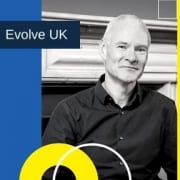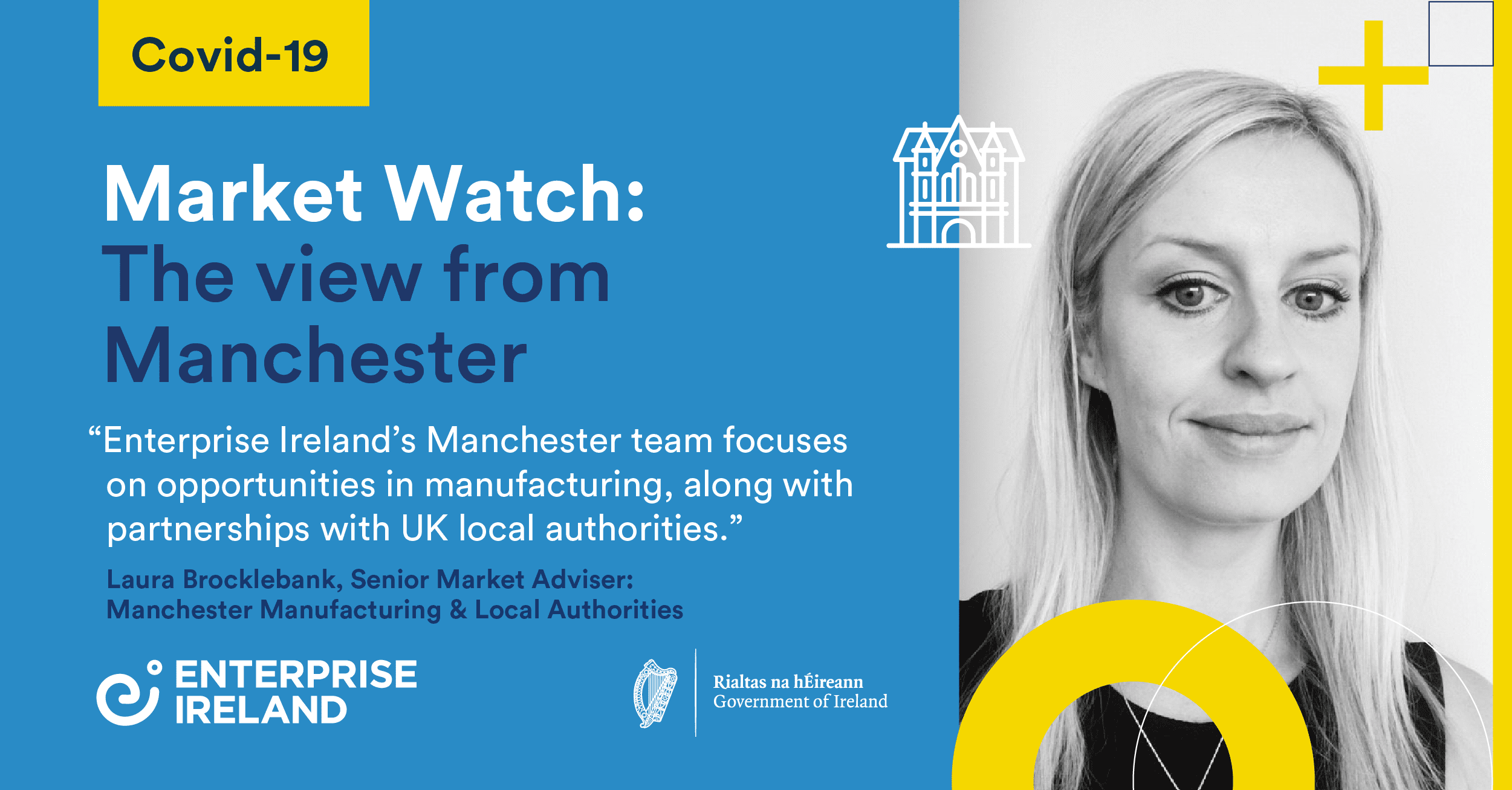
Key Takeaways
• The UK is the largest export market for Enterprise Ireland clients
• The North West of England has been growing at a faster rate than London in recent years.
• The Manchester office for Enterprise Ireland opened in 2019 and is providing support for many Irish firms operating into and in the region.
• Despite Covid and Brexit, business is still moving.
• There are opportunities for Irish companies in many areas including construction, healthcare, digital technology, and life sciences
• Irish companies may also achieve contracts with local authorities
As our closest neighbour, the UK has long been a crucial trading partner for Ireland and as one of the fastest growing regions of the country, the North West of England was the obvious choice for Enterprise Ireland to open up a second UK office last year.
Headed up by Laura Brocklebank and her colleague Kevin Fennelly, the Manchester branch focuses on opportunities for Irish clients in manufacturing – covering areas such as pharmaceutical and food and drink as well as paper, print and packaging. It is also leading on UK local authorities with major spending budgets across infrastructure, transport, healthcare and more.
“The UK is the largest export market for Enterprise Ireland clients, which, despite the challenges of Brexit, grew 2% to €7.9 billion in 2019, with all non-food sectors recording growth of 6%,” says the senior marketing advisor.”
And the market continued to perform strongly in spite of uncertainty, demonstrating that client companies have remained committed to the UK market and its short/medium-term growth potential.
“Adding to this, the north west of England is a particularly dynamic region which actually grew at a faster rate than London in recent years – in fact, if it were a country, it would be the 12th largest economy in Europe. And this was the key driver for Enterprise Ireland when selecting Manchester to locate its new office last year.”
Brocklebank says the Greater Manchester region alone is the size of the Irish market and the combined authorities of Greater Manchester, the Liverpool City Region, North of Tyne, Sheffield City Region and Tees Valley have devolved powers which means that decision-making powers and funding are transferred from Westminster to these regions.
“The UK remains a key first export market for Irish industry to enable them to innovate and diversify and for these reasons, many Irish companies look to the North of England to set up a presence in the UK and it is often their first overseas presence,” she says.
“Our Manchester team focuses on opportunities in manufacturing, along with partnerships with UK local authorities who have major spending budgets. We collaborate extensively with our London office and work as one team with our 20 colleagues who are specialists in various sectors including Construction, Life Sciences, Healthcare, Digital Technologies, Cleantech and Renewables – all of which are of strategic importance and opportunity across the region. In effect, we are also the eyes and ears on the ground for our colleagues leading these sectors.
“As the North of England is traditionally the industrial heartlands of the UK, having a base here shows our commitment to the region and we are attuned to the needs of Irish companies, which are active all across the area.”
Accessibility is key and the Irish Sea has long been an important link between the UK and Ireland. So as the Port of Liverpool has submitted a bid to become established as a UK freeport, the regional lead says this could provide an opportunity for Irish companies with relevant smart ports solutions and automated and high-tech solutions which facilitate maritime trade and logistics.
“Ireland’s strong marine and civil engineering companies will be keen to collaborate with UK partners in the North West to help facilitate the necessary infrastructural upgrades required to cater for increased trading and customs realities,” she says.
“In addition, over the past number of years the area has experienced a boom in new building and infrastructure projects and there are many Irish companies leading in the Construction sector – John Sisk & Son have created a major landmark with Manchester’s Circle Square Affinity Living Project, ESS Modular opened their Manchester office in July 2020, having completed a number of projects in Leeds and Oldham, and have a current project with North Manchester General Hospital. And Techrete’s architectural precast concrete cladding can be seen on the iconic One and Two St. Peter’s Square.”
Manchester is also home to a fast-growing £5 billion digital ecosystem and has been officially ranked as the UK’s Top Digital Tech City, while Newcastle became Smart City of the Year 2019 for its innovative approach in using technology to help transform services and improve the lives of residents.
The marketing expert says there is a lot happening in the region which could provide opportunities for Irish firms.
“Digital tech company, Gamma Location Intelligence has recently opened their first overseas office in Manchester as they expand into the UK, having established in Ireland in 1993,” she says. “They have become a market leader in the provision of location intelligence systems and services which drive innovation across many sectors including insurance and retail, focusing heavily on cutting-edge research and development projects, leveraging Artificial Intelligence and machine learning.
“And in October 2020, VRAI, a data driven VR stimulation training for high hazard environments, announced their expansion into the UK with their first overseas office in Gateshead’s PROTO Centre, the UK’s immersive technology cluster.
“There are also opportunities for Irish businesses who can support local authorities in digital transformation, smart cities, connectivity, transport, housing, infrastructure, roads and highways and adult and social care. And a great example of this is SilverCloud which works with Greater Manchester Health and Social Care Partnership, providing support for those who may be feeling stressed and anxious due to the current pandemic.”
Of course, there are still some challenges, with uncertainty surrounding both Covid-19 and Brexit but the UK will continue to be an important and attractive market for Irish enterprise.
“Earlier this month, we had a rich and productive meeting with Greater Manchester Mayor, Andy Burnham and Liverpool City Region Mayor, Steve Rotherham, to discuss and agree the strongly aligned sectors of which Enterprise Ireland clients have strong supply chain capability,” says Brocklebank. “So we are looking forward to further collaboration and to have deeper engagement across these sectors.
“Enterprise Ireland also warmly welcomes the announcement of a new Consulate General for the North of England and we are looking forward to working together to strengthen Ireland’s presence in the region.”
To learn more about UK opportunities see the Evolve UK page here
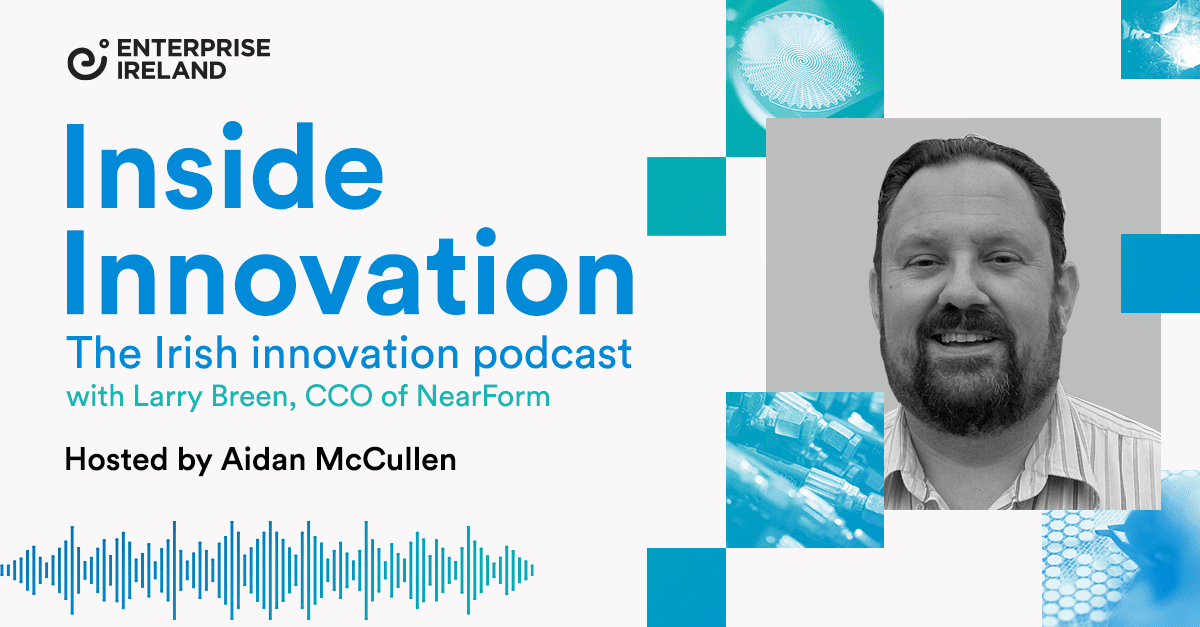




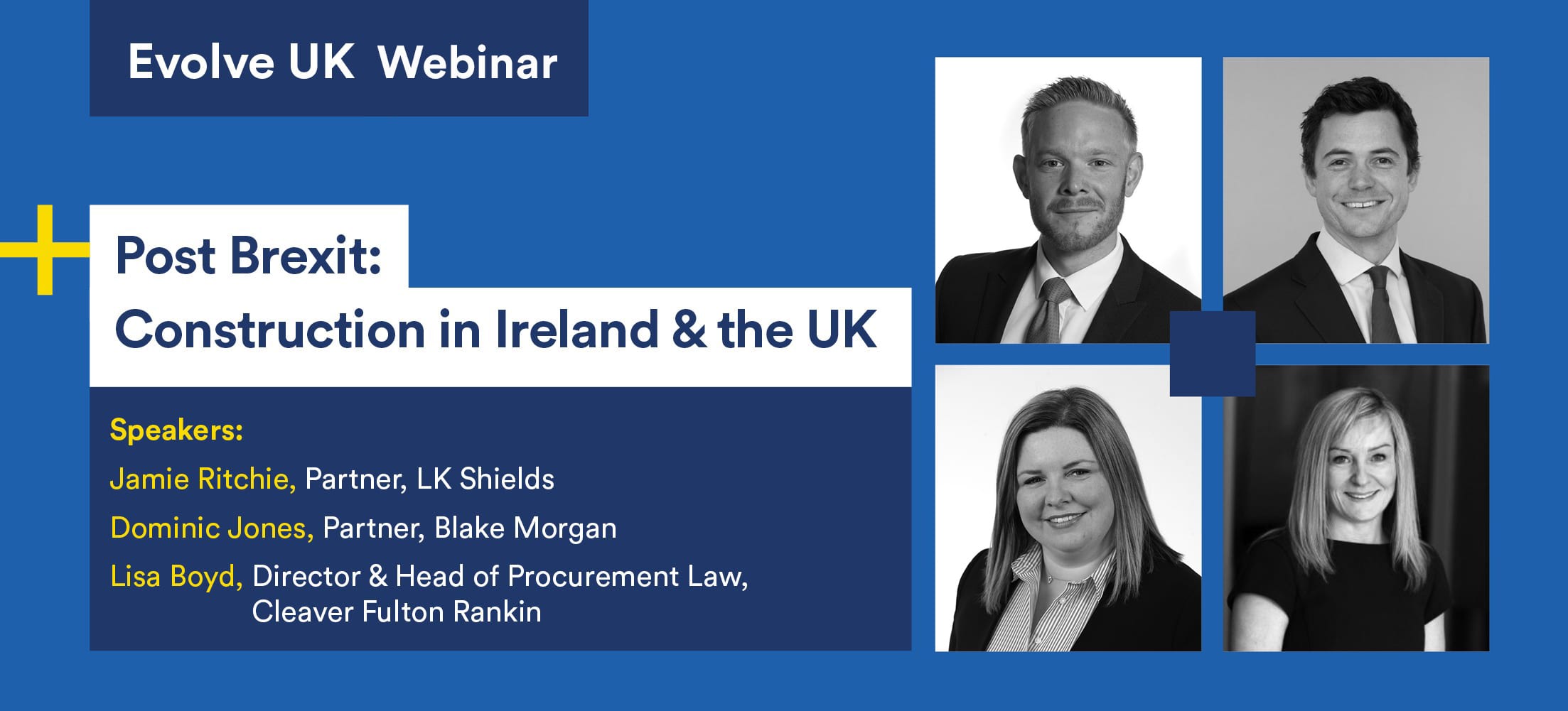

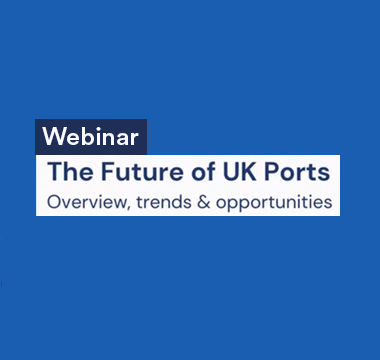


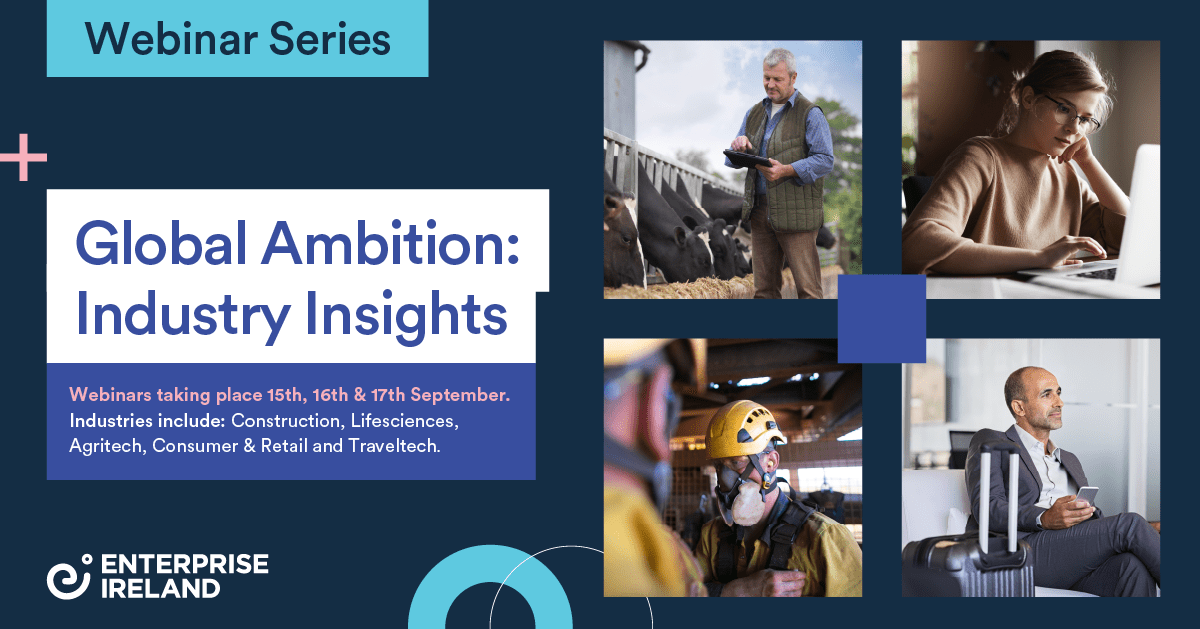
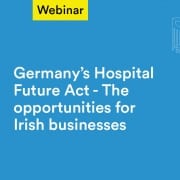

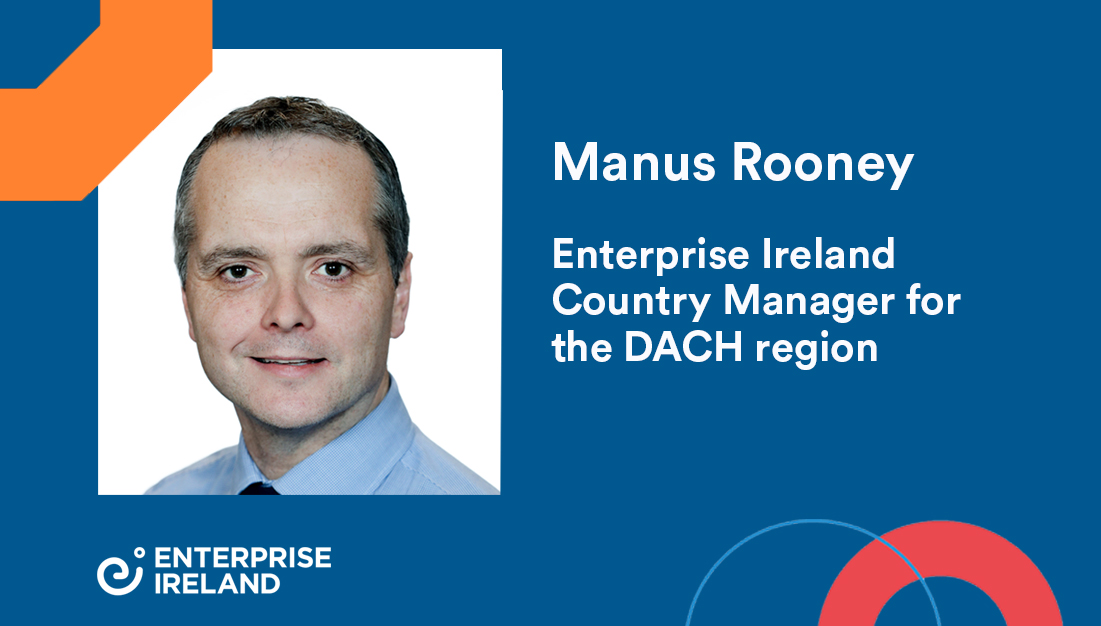

 The net zero challenge facing the UK will precipitate fundamental changes to the UK economy and to the ways in which business is done.
The net zero challenge facing the UK will precipitate fundamental changes to the UK economy and to the ways in which business is done.

